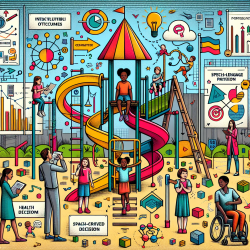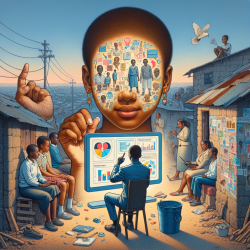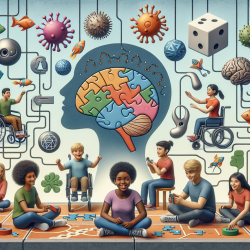Introduction: The Hidden Challenges of Social Data
Social data, encompassing digital traces from user-generated content and interactions, has become a cornerstone for research and decision-making in various fields, including child therapy. However, the research article "Social Data: Biases, Methodological Pitfalls, and Ethical Boundaries" by Olteanu et al. (2019) highlights significant challenges associated with the use of social data. These challenges include biases, methodological pitfalls, and ethical boundaries that can affect the validity and reliability of research outcomes.
Understanding Biases in Social Data
Biases in social data can manifest in various forms, such as:
- Population Biases: Differences in demographics between the sample and the target population can lead to skewed results.
- Behavioral Biases: Variations in user behavior across platforms can affect the generalizability of findings.
- Content Production Biases: Differences in how content is generated and shared can impact the interpretation of data.
These biases can compromise the ecological and external validity of research, making it challenging to draw accurate conclusions about child therapy outcomes.
Methodological Pitfalls and Ethical Considerations
The research also highlights methodological pitfalls that can arise during data collection, processing, and analysis. For instance, data cleaning and enrichment processes can introduce biases if not carefully managed. Additionally, ethical considerations, such as obtaining informed consent and ensuring data privacy, are crucial when working with social data, especially when it involves vulnerable populations like children.
Implications for Child Therapy Practitioners
For practitioners in child therapy, understanding these biases and methodological challenges is essential for making data-driven decisions. By recognizing the limitations of social data, practitioners can critically evaluate research findings and apply them appropriately in their practice. Moreover, they can advocate for more rigorous research methodologies and ethical standards in studies involving children.
Encouraging Further Research
Given the complexities and potential biases in social data, practitioners are encouraged to engage in further research to validate findings and explore new methodologies. Collaboration with researchers to design studies that account for these challenges can lead to more reliable and impactful outcomes in child therapy.
To read the original research paper, please follow this link: Social Data: Biases, Methodological Pitfalls, and Ethical Boundaries.










